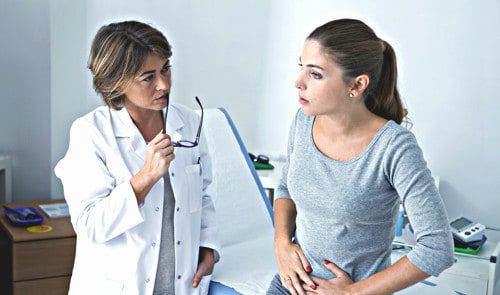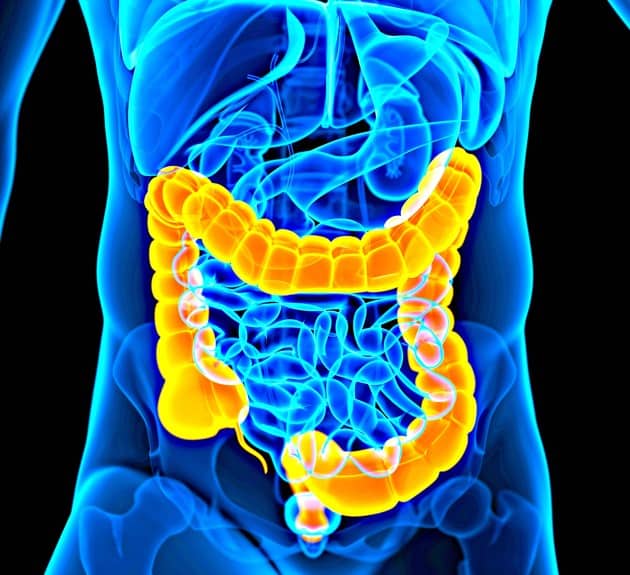
Lung cancer and breast cancer are the two leading causes of cancer death among women worldwide. Though a heavy statement, you're probably already aware of this or have heard something similar before.
The silent killer you haven't heard about is COLORECTAL CANCER, the third leading cause of cancer death among women worldwide.
What is it exactly and can it be prevented?
Colorectal cancer begins in either the colon or the rectum. Both of these organs are part of the large intestine (the part of your body that digests food).
"Colorectal cancer often begins as a growth called a polyp, which may form on the inner wall of the colon or rectum," according to www.cancer.gov. "Some polyps become cancer over time. Finding and removing polyps can prevent colorectal cancer."
Am I at risk?
One in every 21 men (4.7 percent) and one out of every 23 women (4.4 percent) will develop colorectal cancer. This dangerous cancer causes about 49,190 deaths in 2016 alone.
Symptoms
-
Unwanted weight loss
-
Fatigue and weakness
-
Blood in the stool, which may cause it to look dark
-
Abdominal pain or cramping
-
Rectal bleeding
-
A feeling that you need to have a bowel movement, but still don't feel relieved after going
-
Bowel habit changes that last for more than a few days such as constipation, diarrhea or narrowing of the stool.
What can I do to protect myself?
Fortunately, deaths caused from colorectal cancer have decreased over the years due to early detection. Here are three ways to help you spot the early warning signs and safeguard your body against colorectal cancer.
1. Schedule a colonoscopy
Colonoscopy: the dreaded event feared by all who grow old. Beginning at age 50, both men and women should have a colonoscopy every 10 years. Though undesirable, the discomforts of this screening are well worth the deadly alternative.
2. Have yearly guaiac-based fecal occult blood tests
These tests check for blood in the stool. According to information on cancer.org, you should use multiple tak-home tests. One test done in the office is not enough. A colonoscopy should be done if the test is positive.
3. Know your family's medical history
This is key in knowing when to begin screening and whether or not you are at a higher risk for colorectal cancer.
Learn about the health of others in your extended family. Pay special attention to any abnormalities and don't ignore potential indicators of a more serious problem. Many forms of cancer, though not all, can be avoided by living a healthy lifestyle and getting screened within the proper time constraints.
Check out these sources for additional information on protecting yourself:
http://www.cancer.gov/types/colorectal http://www.cancer.org/cancer/colonandrectumcancer/


